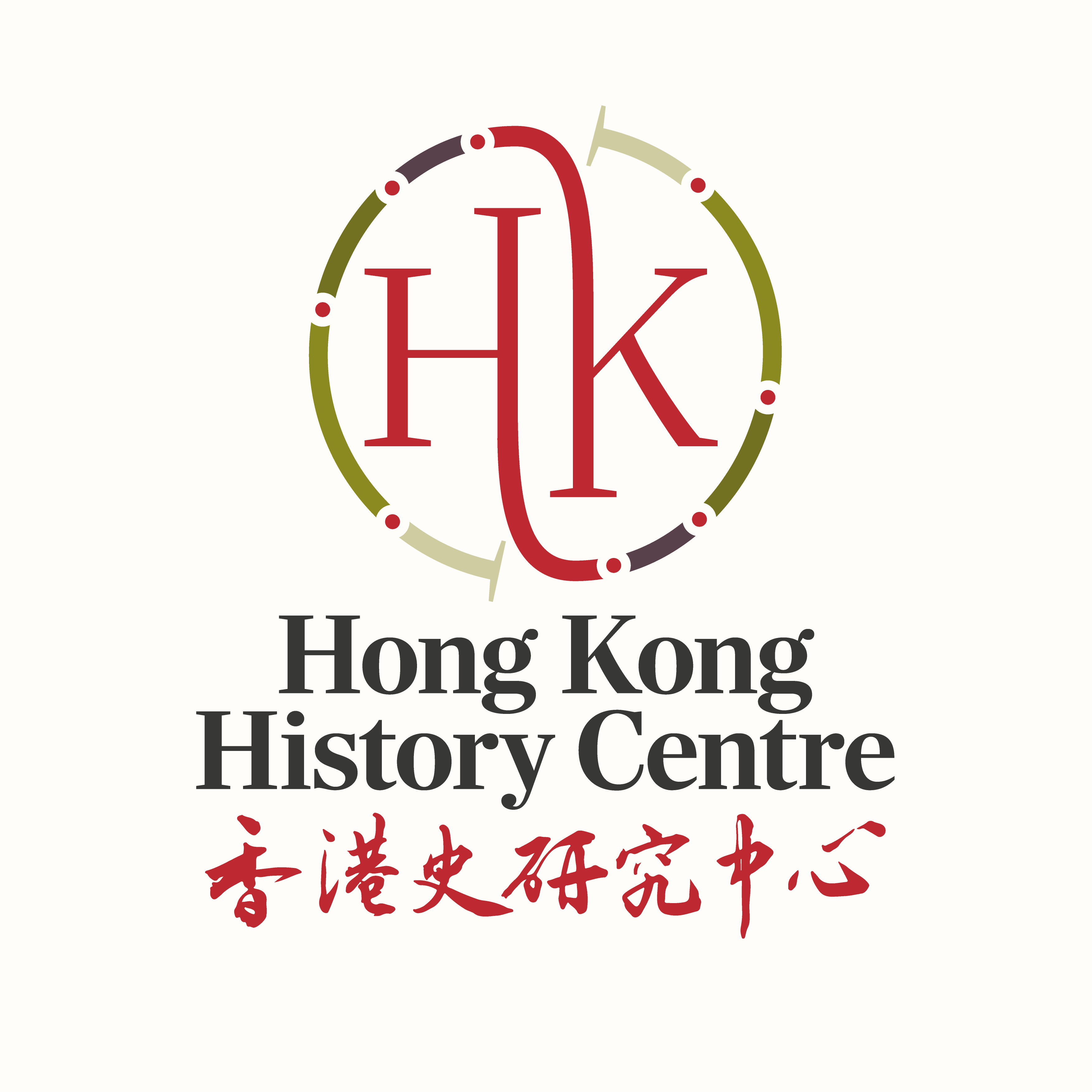In the spotlight this week is Bobby Tam, an MPhil at HKU’s History Department. Bobby’s research explores a ‘dark’ topic: death in early colonial Hong Kong! Here’s Bobby telling us about his very intriguing research:
During my undergraduate study as a history major in HKU, I had the opportunities to learn a wide range of social and cultural history. Death is one of the many social cultural topics that I have developed my interest in. It is also a personal topic that could easily be related to us all. I always like discussing death with others either intellectually or casually. When I was deciding my undergrad dissertation topic, I originally thought of developing a very cultural-oriented study on death, focusing on people’s perception of death and the dead in history. There were indeed classic cultural historical works that studied such topic in details, but strictly focusing on the European context. However, that kind of history was very abstract; it would be difficult for me to gather evidences and generate arguments for this cultural or even emotional historical topic, even if I just focused on the single context of colonial Hong Kong.
With the suggestion of my supervisor, I shifted my research focus on the dead body itself. Looking at how dead bodies were managed and their socio-cultural implications would be a much more concrete topic while my interests in death was not compromised. I briefly studied the management of the dead in early colonial Hong Kong for my undergrad dissertation. I decided to fully explore this large topic of death management in a more comprehensive manner for my MPhil research. Thus, ‘Managing death in early colonial Hong Kong’ is my research topic now. My study will cover the period from 1841 up to the early twentieth century. I utilize colonial government documents, English and Chinese newspapers, maps, church documents and travel diaries as sources. Colonial government documents provide me knowledge about laws regulating death management, development of cemeteries and mortuaries, records of mortality etc. I could gather different people’s opinions on these death-related laws and policies from newspapers. Travel diaries provide me insight into people’s ideas on death spaces and death practices. Church documents provided information about the management of cemeteries. I will also explore other sources from non-governmental bodies like Tung Wah Hospitals and missionaries organizations.
There has been quite a few works that touched upon the topic of death management in early colonial Hong Kong: detailed cemetery studies that derived histories from tombstones, institutional history on associations like Tung Wah Hospitals and medical history on the frequent disease outbreaks throughout the 19th and early 20th century. While these works surely shed light on my research, I think a comprehensive study dedicated to the management of death in early colonial Hong Kong is yet to be written. I hope my work could be comprehensive in the sense of looking both into the physical management of the dead body (keeping, transferring and burying the dead) and the cultural memorial practices for the deceased. Although my focus would be the on the physical management side, cultural practices would always be within my discussion as physical death management was inevitably linked with cultural beliefs and practices. My research thus could start from empirical evidence to more abstract ideas on cultures and emotions, fulfilling my original interests in cultural history of death.
I wish my work could also contribute to the history of early colonial Hong Kong itself, facilitating understanding of the colonizers’ mentality, the colonized’s agency and power relations within the colonial society. Death management in a colonial society dictated by the colonial state certainly raised the issue of segregation. My topic deals with the complex question of segregation, exploring through the lens of races, classes and cultures. Other common themes in early colonial Hong Kong history are also incorporated into my research. The dichotomy of ‘Western Modernity’ including public sanitation, medical advances and affective emotions to the dead versus ‘Chinese cultural practices’ that were deemed as superstitious, backward and lack of affection was a key theme in my study. This can further lead me to analyze the colonial ‘Orientalist’ discourse on the Chinese death practices. I could often see links of how the colonizers’ policies on death management and such ‘Orientalist’ discourse reinforced each other.
Looking ahead, just as many other postgraduate students, I am uncertain about where my research would lead me to for my future career. I do hope this research opens me up not just to history of death or Hong Kong history, but also to wider colonial history and social cultural history as I believe my interests are wide-ranging.
Are you also an ECR/postgraduate hoping to let the wider community know about your work on Hong Kong history? If you’re interested in contributing, please write to Vivian Kong (vivian.kong@bristol.ac.uk) for more details!







